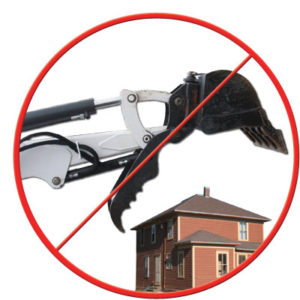 It is time for you to get out your entrepreneurial hat. Imagine tons of useful construction and demolition waste, sorted and available by the truck load. What can you dream up in the way of fabulous new products that help our dear citizenry? The supply is about to increase because the City of Seattle is shooting for the moon, aiming to reduce the mountain of waste sent to landfills by 50,000 to 100,000 tons annually.
It is time for you to get out your entrepreneurial hat. Imagine tons of useful construction and demolition waste, sorted and available by the truck load. What can you dream up in the way of fabulous new products that help our dear citizenry? The supply is about to increase because the City of Seattle is shooting for the moon, aiming to reduce the mountain of waste sent to landfills by 50,000 to 100,000 tons annually.
In 2007, Seattle adopted it’s Zero Waste Strategy to help revolutionize waste disposal and recycling in two main channels of the river of waste that flows from the Emerald City: construction & demolition waste (C & D) and food waste. Additional disposal bans have been put in place, including concrete, brick and asphalt paving in January of this year. On December 10, 2012, Seattle City Council took the next step with ordinance #124076.
As of January of 2015, it will be prohibited to dispose of metal, cardboard, carpet, plastic film wrap, and new gypsum scrap (dry wall) in dumpsters or at the city’s transfer stations. The new ordinance establishes “a construction waste recycling facility certification program; requiring the submittal of waste diversion reports by certain construction and demolition waste generators.”
This isn’t just some crazy idea vetted by green building idealists (like us!), but was assessed as achievable based on assessment modeling and a public review process of the industry stakeholders who would be affected by the changes.
From Richard Conlin’s blog, one of Seattle’s most progressive council members:
“Making this effective requires that facilities cooperate, that markets are available, and that we collect data on what construction projects are actually doing with their waste. All of these components are built into the program, with provisions for administrative flexibility if there are problems with market development.
The materials that will be included in recycling requirements by 2016 represent more than 80% of the tonnage of waste generated in the construction sector. Since SPU has forged a cooperative agreement with the businesses involved to make this program work, it is likely that we will be able to attain these goals.”
Dream big because the recycling facilities will be sifting and sorting this stuff by the ton in the next few years. What’s your big or little idea? Come talk to us if you think you have something that could work in the realms of salvage and repurposing.
